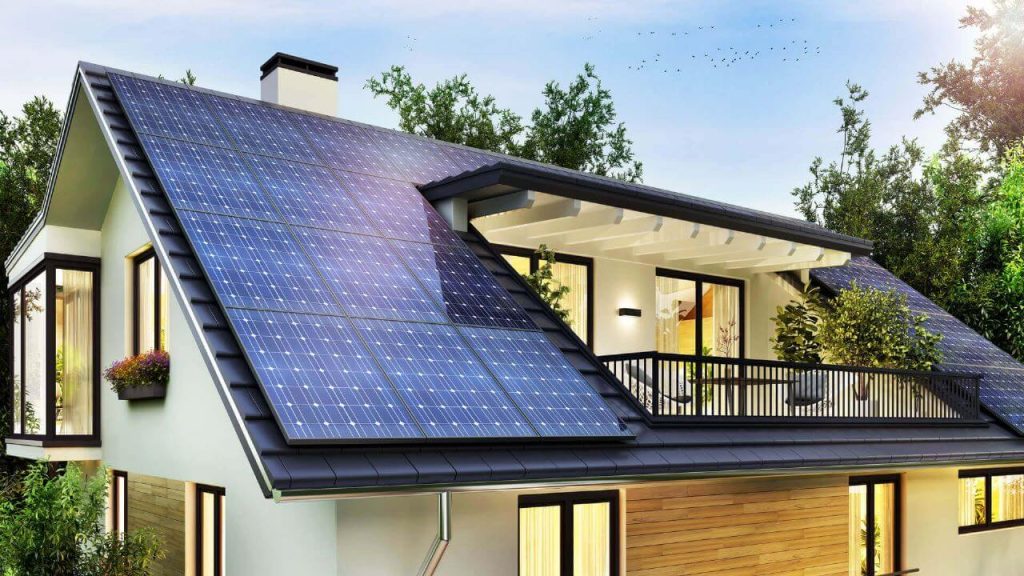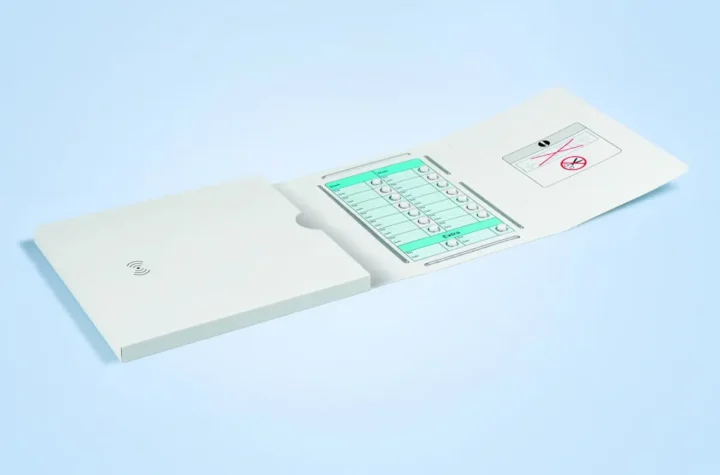
Solar Panels
As the push for renewable energy sources gains momentum, many homeowners are considering solar panels as a way to use renewable energy. While the benefits of solar energy are undeniable, there are several important factors to keep in mind when embarking on the journey of installing solar panels. Making informed decisions can lead to a successful and cost-effective transition to solar power.
Energy Needs and Goals
Before installing solar panels, it’s crucial to evaluate your household’s energy needs and set clear goals. Analyze your past energy consumption and consider any changes that may occur in the future, such as adding new appliances or expanding your home. Understanding your energy usage patterns will help determine the size and capacity of the solar system you need. Additionally, clarify your goals—whether you aim to significantly reduce your energy bills, achieve energy independence, or simply contribute to a cleaner environment. When getting Aylesbury solar panels from Now EV or other professionals, you will be able to discuss all of your needs with them.
Roof Suitability and Orientation
The orientation and condition of your roof play a vital role in the effectiveness of your solar panels. Ideally, your roof should receive ample sunlight throughout the day without significant shading from trees, buildings, or other obstructions. The angle and orientation affect the energy production of the panels. Consulting with a solar professional to assess your roof’s suitability and potential adjustments is a wise step to ensure optimal performance.
Budget and Financing Options
Solar panel installation involves an upfront investment, but it offers long-term savings on energy bills. Determine your budget and explore various financing options, such as purchasing the system outright, leasing, or taking advantage of solar loans. Research available incentives, tax credits, and rebates at the federal, state, and local levels, as these can significantly offset the initial costs and accelerate your return on investment.
Choosing the Right Solar Provider
Selecting a reputable and experienced solar provider is crucial for a successful installation and reliable system performance. Research potential providers, read reviews, and request quotes from multiple companies. A trustworthy provider will assess your energy needs, recommend appropriate system sizes, offer transparent pricing, and guide you through the entire process, from permitting to installation and maintenance.
Warranties and Maintenance
Solar panels are designed to be durable and low-maintenance, but it’s important to understand the warranties and maintenance requirements associated with your system. Inquire about warranties for both the panels and the inverter—the component that converts solar energy into usable electricity. Additionally, discuss maintenance needs and schedule with your chosen provider. Regular inspections and cleaning can ensure optimal efficiency and prolong the lifespan of your solar panels.
Grid Connection and Net Metering
Consider whether you want to remain connected to the grid or opt for complete energy independence. Many homeowners choose to remain connected, allowing them to sell excess energy back to the grid through a process called net metering. This arrangement can lead to credit on your energy bill for the surplus energy you generate. Understanding the net metering policies and regulations in your area will help you make an informed decision.
In conclusion, the decision to install solar panels is a significant step toward embracing clean and renewable energy. By considering all these points, you can navigate the process with confidence and maximize the benefits of solar power for your home and the environment.




More Stories
The Role of Overbed Lights in Enhancing Sleep Hygiene
A Fresh Perspective on Kitchen Remodeling in Cambridge
Transforming Bathrooms in Burlington: A Blend of Luxury and Functionality